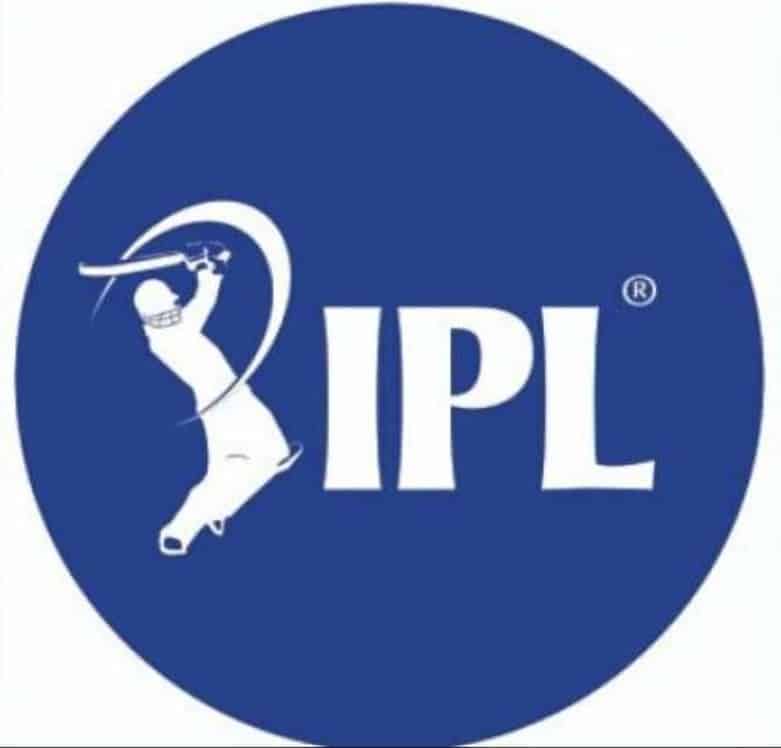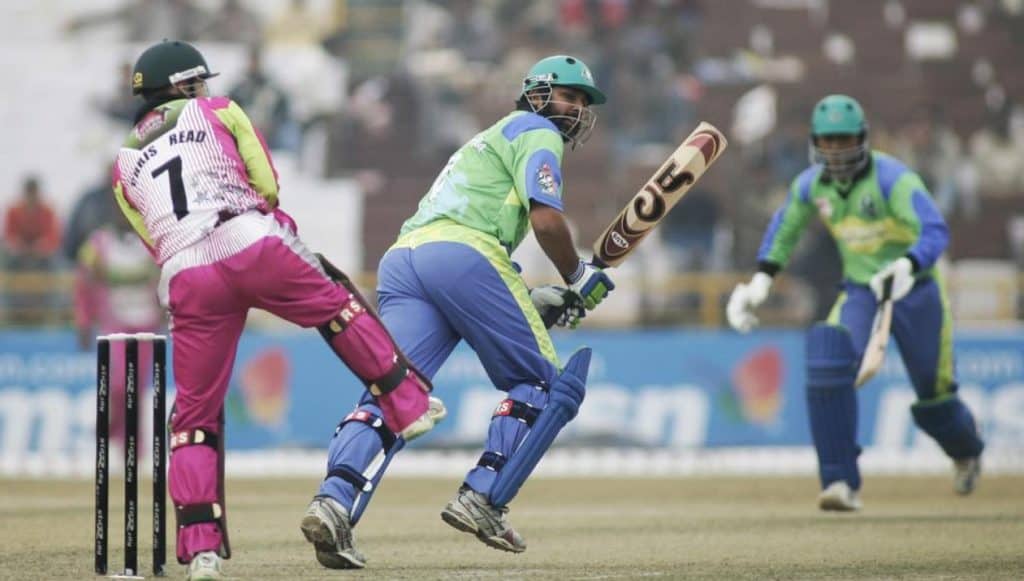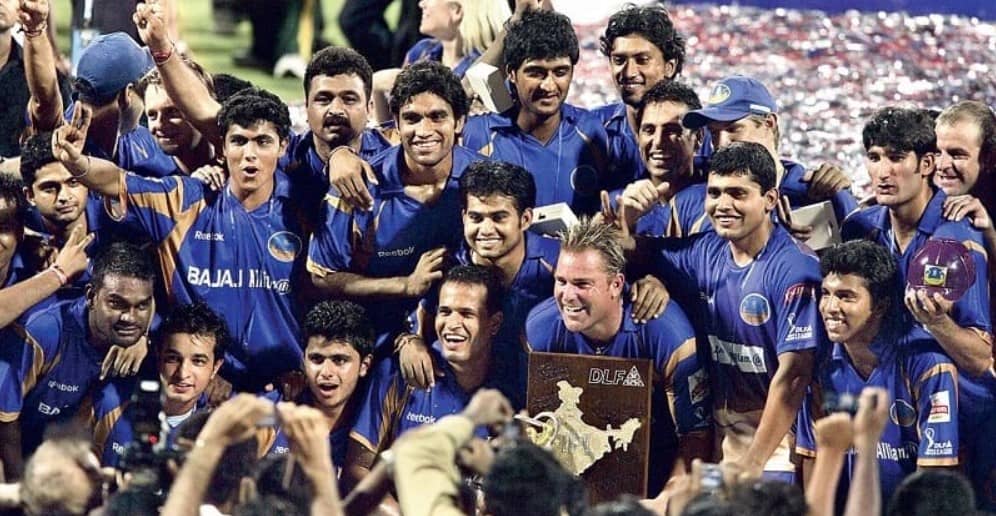If you haven’t been living under the rock, you are pretty much aware of the Indian Premier League. This league has changed the very sport as we know it – but what is the history of the IPL?
Where did it all begin? How did this idea come into existence and take the form of this lavish, star-studded event that we see today and why did safe websites to bet on the IPL become so popular? Let’s dig in.
IPL originated from a little-known similar league
For those who want a little more background, IPL was first kicked off in 2008 as a part of the ICC Future Tours Programme. Its roots can be traced back to ICL – The Indian Cricket League.
You see, when India won the T20 World Cup in 2007, many saw an opportunity to create something amazing out of this. People loved the 20-over format and more than that, they loved cricket. Dhoni’s antics had propelled the Indian cricket scene to greater heights.
That’s where Zee Enterprises bankrolled the Indian Cricket League, a first of its kind franchise-based cricket league to capitalise on this growing momentum. Point to be noted – the BCCI did not like this.
Even from an online betting perspective, there were not a lot of opportunities on account of not-so-popular players participating in the tournament.
The very first edition saw teams representing the cities of Mumbai, Delhi, Hyderabad, Kolkata, and other major cities. However, the one thing it lacked was the lustre, the hype, and the big-ticket players.
In fact, a majority of the players in the maiden edition of the CPL came mainly from the Pakistan, Bangladesh, and World XI squad, along with the Indian state-level players finishing the remaining player pool.
DID YOU KNOW: Inzamam-ul-Haq and Shane Bond were among the few international players who played in the maiden edition of the ICL.
Enter BCCI, with all its big guns
Toward the end of the first season, it became evident that ICL lacked the necessary support to further continue. It is also reasonable to understand this – after all, it did not have the official blessings of the apex cricket-governing body of India.
You see, BCCI refused to recognize the ICL as a national league and even castigated Kiran More and Kapil Dev for joining the league.
Maybe they found it to be highly irksome that someone else beat them to this fantastic idea, maybe they didn’t like the fact that they weren’t consulted over this. Or maybe, it’s Maybelline. Whatever may be the case, it was evident that BCCI was not pleased with the ICL.
This made things more complicated for the ICL stakeholders, who couldn’t possibly expand without all the necessary support from the country’s largest and leading cricket authority.
It also stopped them from garnering the support of the ICC – the International Cricket Council, who followed the lead of the BCCI and left the decision on them for ICL’s recognition.
In fact, in a bid to stop young players from joining the ICL, they even increased the prize money across domestic tournaments. It is also said that BCCI even restricted the ICL players from playing in international games.
Ultimately, the final nail in the coffin came when the BCCI introduced their own cricket league called the Indian Premier League. With all the support in the world, they had everything to make this one bigger, bolder, and more popular.
Consequently, the ICL soon fizzled out and the IPL was launched under rather grand circumstances in April 2008. Governed by a 7-member board, IPL started the (in)famous auction rounds on 24th January 2008 with a total price tag of $400 million for all the franchises.
The auction soon led to team formations based on the Indian cities of Bangalore, Chennai, Delhi, Hyderabad, Jaipur, Kolkata, Mohali, and Mumbai. In 2010, two more cities, Pune and Kochi joined the ranks as well.
DID YOU KNOW: In the maiden auction of the IPL, all the franchises were sold for over $720 million – more than 70% their base price!
The betting scenario also changed
Over the first few seasons of the IPL, cricket betting took an entirely new meaning in India. With all the teams now flaunting star-studded players, the bookmakers saw this as an opportunity to rope in more punters and increase their customer base. From real-person underground betting to online betting sites in India, there were no avenues where we didn’t see one or the other person trying to get in on the IPL action.
It is estimated that in the maiden IPL, bookies across the spectrum handled bets over Rs.4,000 crore. The same, by the end of the IPL 6, had moved up to over Rs.40,000 crore.
With 70 matches in the tournament, punters have more than enough opportunities to cover their losses and/or make a good profit in the process.
6 Facts you must know about IPL
- Mumbai Indians are 4 times winners, followed by 3 times winner Chennai Super Kings and 2 times winners, the Kolkata Knight Riders.
- Reverse bidding was a great part of IPL 2016 to sell the teams. Bidders were asked to have their lowest bids up to get the rights. The lowest has been ₹16 crores paid by Rising Pune Supergiants owner Sanjiv Goenka to the BCCI for two years.
- In 2015, former champions Chennai Super Kings and Rajasthan Royals were suspended for two seasons on account of their match-fixing and betting, making it one of the biggest controversies to hit the IPL.
- In the 9th season of IPL, the viewers were given a chance to be the third umpire.
- Chennai Super Kings have made it to 5 IPL finals.
- Rajasthan Royals’ Sarfaraz Khan was only 17 when he debuted in IPL 2016.
Wrapping it up
IPL 2020 is sure going to be different this time but this does not mean that it will receive unrequited love from the fans. So while the Indian Premier League has found its ground on international soil, we cannot wait to see how it will bring in the traditional craziness to keep the fervour up and running!




